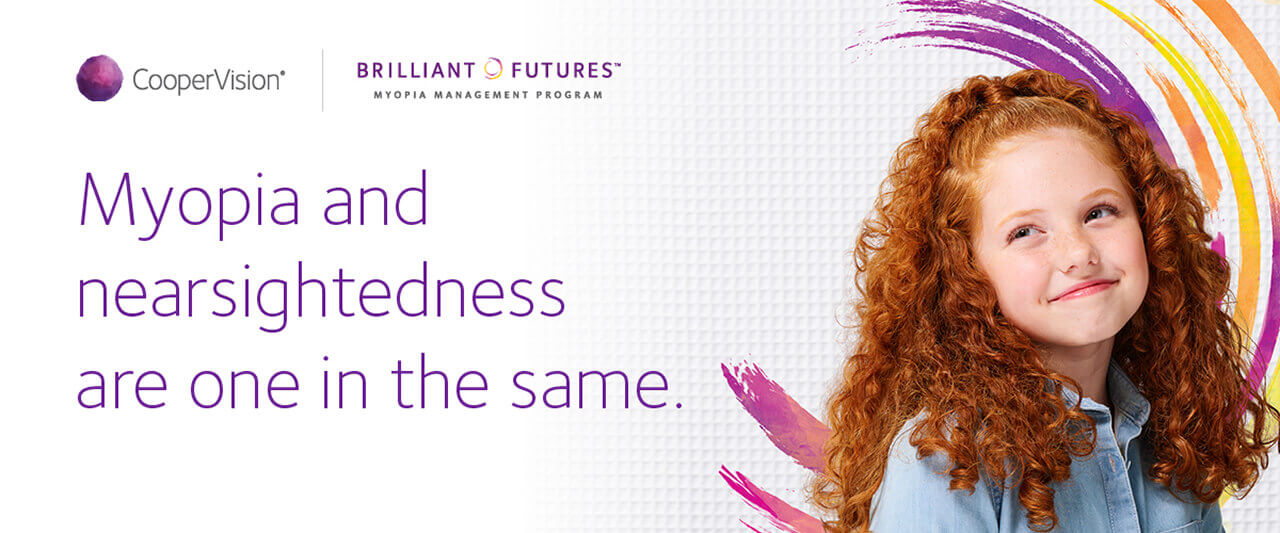Most of my blog post ideas come from real life patient care issues that we see here in the office. But, this topic is a little more personal. I was recently diagnosed with sleep apnea and my first thought was "I can't believe I haven't yet posted about the ocular effects of sleep apnea!"
First, what is sleep apnea? Sleep apnea is a breathing disorder characterized by brief interruptions of breathing during sleep. According to the EVMS Sleep Medicine website, "in a given night, the number of involuntary breathing pauses or "apnea events" may be as high as 20 to 30 or more per hour. These breathing pauses are almost always accompanied by snoring between apnea episodes, although not everyone who snores has this condition."
The cause of obstructive sleep apnea is related to the structures of the mouth, throat and airway. As muscles and tissues relax during sleep, the airway becomes partially blocked. The result is less oxygen in and less carbon dioxide out. Possible symptoms of sleep apnea include: loud and chronic snoring, gasping or choking episodes during sleeping, excessive daytime sleepiness, personality/cognitive changes related to fatigue, and increase in workplace or automobile accidents.
Sleep apnea is typically diagnosed through a sleep study which measures body functions during sleep, such as the electrical activity of the brain, eye movement, muscle activity, heart rate, respiratory effort, air flow, and blood oxygen levels. Treatments for sleep apnea include dental devices, weight and behavioral adjustments, nighttime air masks, and select surgeries depending on the severity of the condition.
Sleep apnea has taken on greater importance recently as further research shows that sleep apnea is more than just a cause of fatigue. It may contribute to the development of high blood pressure, stroke, heart failure and irregular heart beats, diabetes and depression.
Sleep apnea can also affect eye health. There is growing evidence that sleep apnea plays a significant role in the development and progression of glaucoma. More specifically, there is a high association between sleep apnea and "normal tension" glaucoma. In this type of glaucoma, the eye pressures may not be elevated beyond the "normal range," but there occurs glaucoma-like damage to the optic nerve fibers. The belief is the low oxygen levels that occur during sleep apnea are leaving the optic nerve susceptible to damage from even "normal" levels of eye pressure. (see our earlier posts on glaucoma) The association between normal tension glaucoma and sleep apnea is so high that any person with signs of one condition should be fully evaluated for the other. Because glaucoma's damage is permanent and produces no symptoms in the early stages, the best defense is annual eye exams along with updating your eye doctor on medical conditions such as sleep apnea.
Dr. Beach.


Leave a Reply